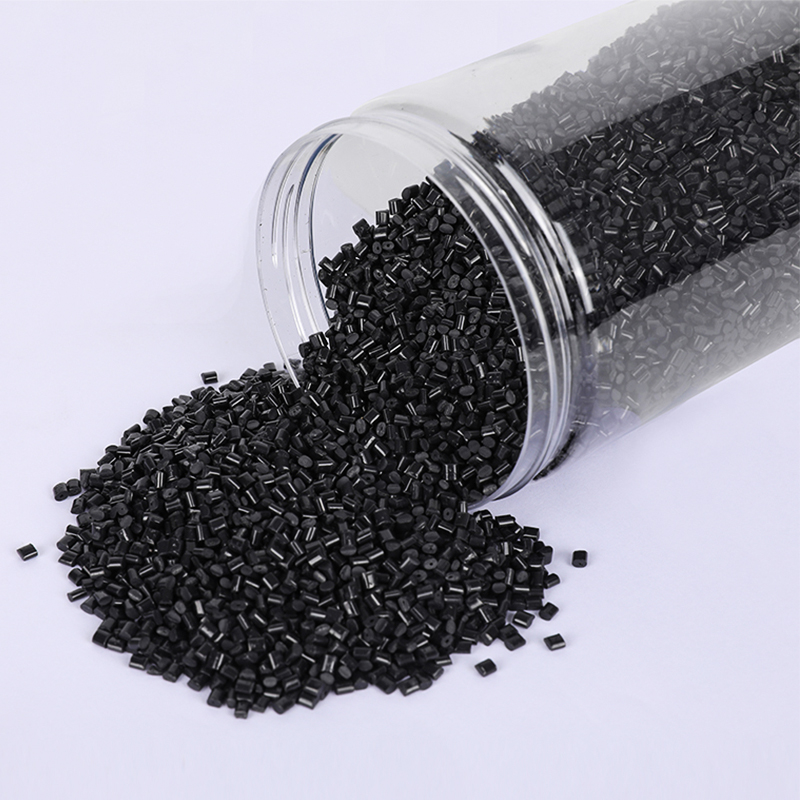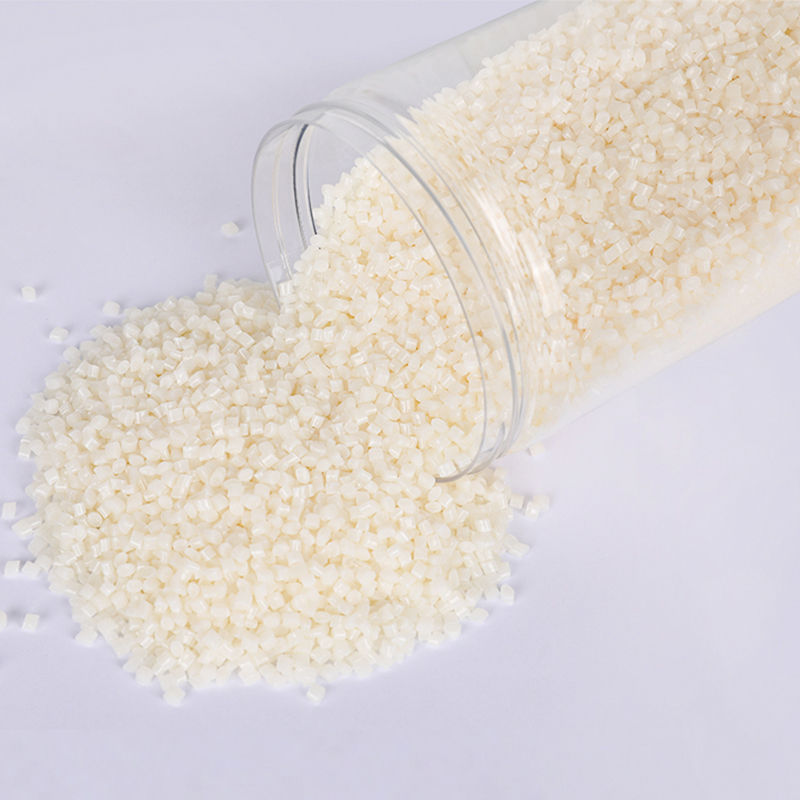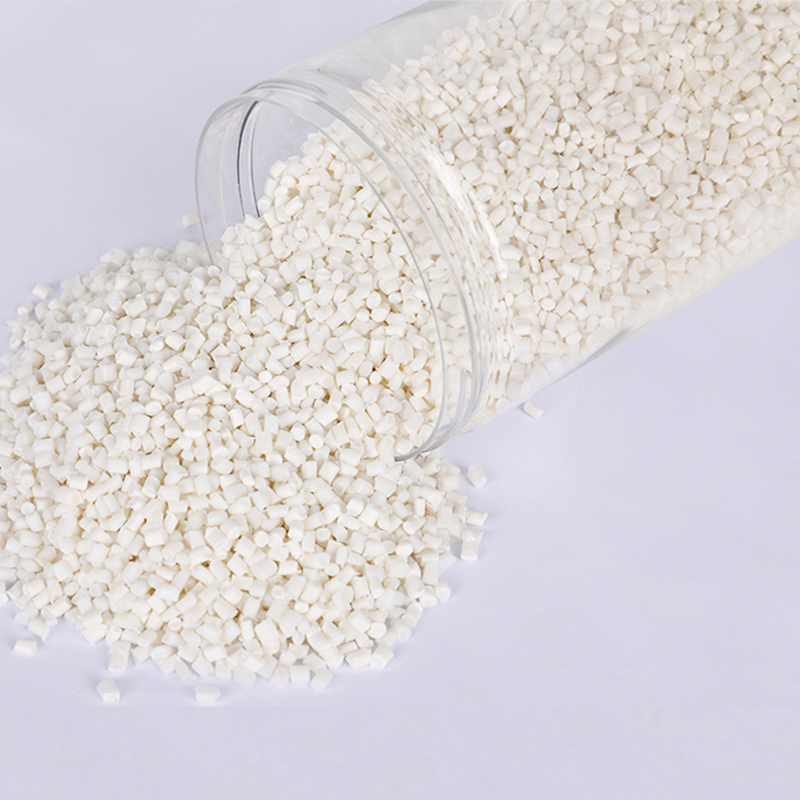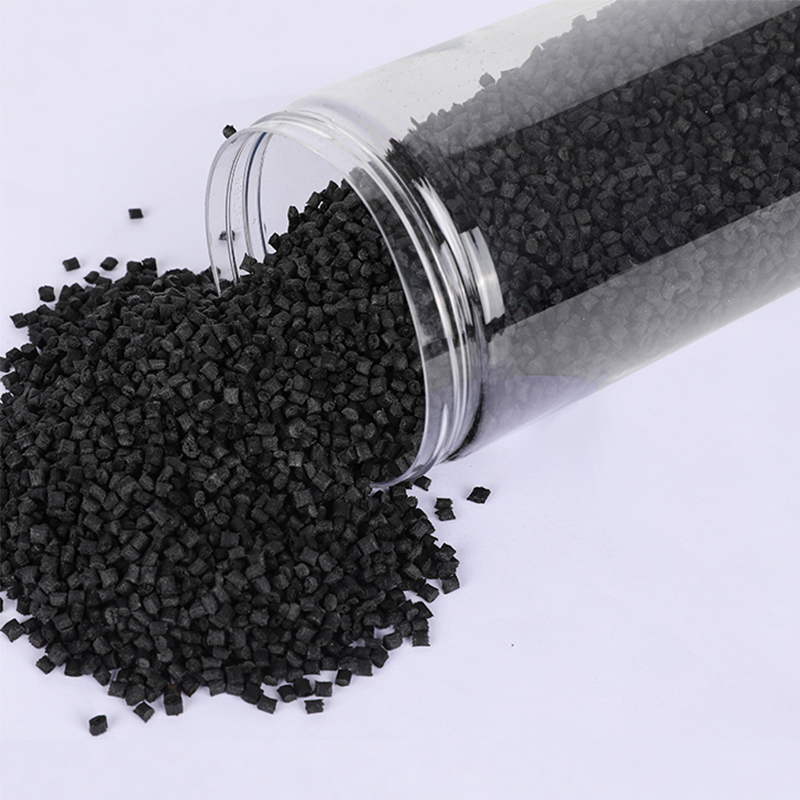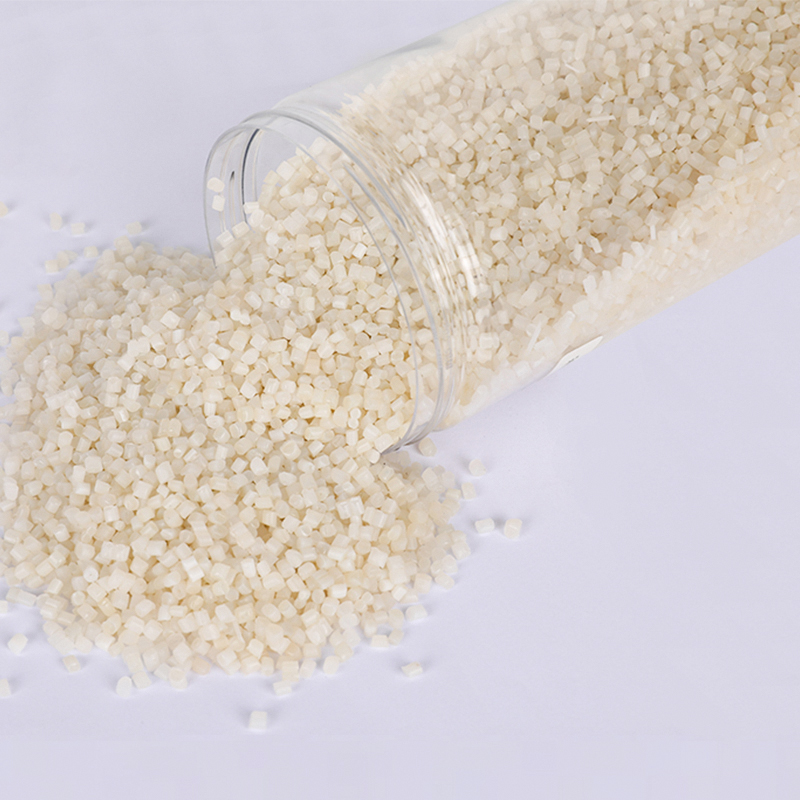Stay up to date with our recent products
Web Menu
Product Search
Exit Menu
How RPA Recycled Polyamide is Shaping the Future of the Automotive Industry
The automotive industry is undergoing a significant transformation as manufacturers look for ways to reduce their environmental impact while maintaining high standards of performance and safety. One material at the forefront of this shift is RPA Recycled Polyamide. As automakers increasingly embrace sustainability, RPA is proving to be an essential solution, offering the durability and performance required for automotive components, all while reducing reliance on virgin materials and minimizing the overall environmental footprint of vehicle production.
RPA’s role in the automotive sector is multifaceted, extending beyond just a greener alternative to conventional materials. Polyamide, known for its toughness, flexibility, and heat resistance, is used in a wide range of automotive parts, from under-the-hood components to interior fabrics and even exterior parts. When recycled, polyamide retains many of these key properties, allowing it to replace virgin materials without compromising on quality. The versatility of RPA makes it an ideal candidate for use in high-performance automotive components, where strength and reliability are critical.
One of the key drivers behind the adoption of RPA Recycled Polyamide in the automotive industry is the growing pressure to meet stringent environmental regulations. Governments worldwide are imposing stricter emissions standards and sustainability goals, which are pushing manufacturers to find more eco-friendly materials for vehicle production. RPA helps automakers achieve these goals by reducing the need for raw polyamide, which is energy-intensive to produce. By using recycled polyamide, manufacturers can significantly cut down on their carbon emissions and reduce the environmental impact associated with vehicle manufacturing.
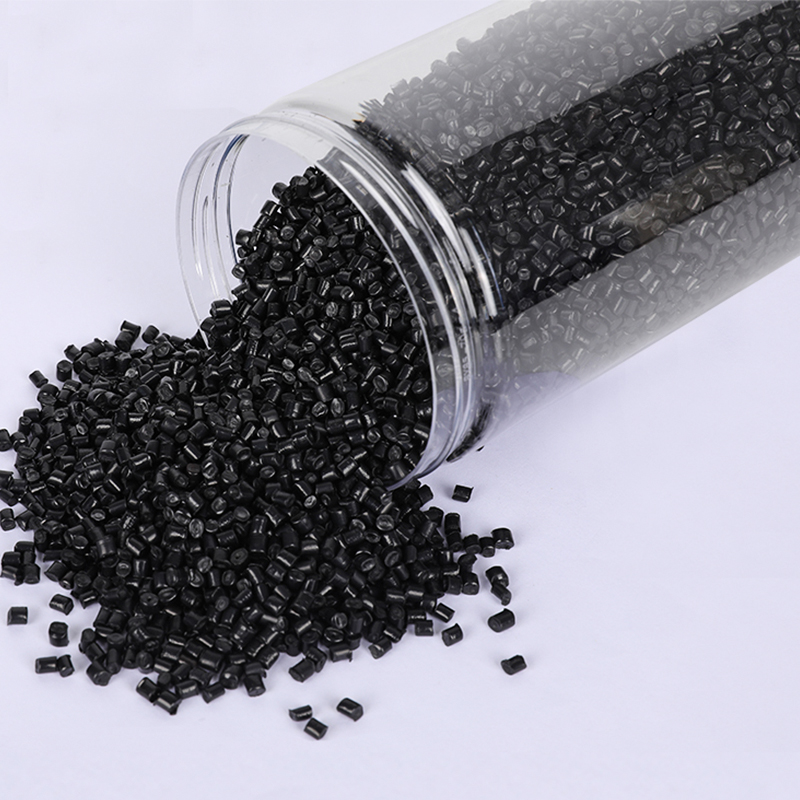
The shift towards using RPA is also driven by the automotive industry’s increasing focus on circular economy principles. By incorporating recycled materials like polyamide into their manufacturing processes, automakers are contributing to a closed-loop system that reduces waste and minimizes the need for new resources. The ability to recycle automotive parts made with RPA also supports end-of-life vehicle recycling, ensuring that once a vehicle reaches the end of its life cycle, materials like RPA can be reused again, further reducing waste and promoting sustainability.
From a consumer perspective, the use of RPA Recycled Polyamide is becoming a key selling point for eco-conscious buyers. As consumers grow more aware of the environmental impact of their purchases, they are increasingly drawn to vehicles that feature sustainable materials. Automakers that incorporate recycled materials into their vehicles not only contribute to environmental protection but also enhance their brand’s reputation as leaders in sustainability. This can create a significant competitive advantage in the crowded automotive market, where sustainability is an increasingly important factor in purchasing decisions.
In conclusion, RPA Recycled Polyamide is emerging as a vital material for the automotive industry, providing manufacturers with an eco-friendly solution without sacrificing performance or safety. Its ability to meet the high standards of the automotive sector while reducing environmental impact makes it an essential component of sustainable vehicle production. As the automotive industry continues to innovate and evolve, RPA will undoubtedly play an even larger role in shaping the future of automotive manufacturing, helping to drive both environmental and economic benefits for manufacturers and consumers alike.
As China PCR Recycled Plastic Granules Factory, We always adhere to the experience and philosophy of "keeping up with the times, constantly innovating, developing efficiently, and cooperating for mutual benefit"

Address: No.11, Wangzhuang Section, Provincial Road 01, Daqiao New Area, Economic Development Zone, Haiyan County, Jiaxing City, Zhejiang Province, China
Phone: +86-18058285678
Fax: +86-0573-86868101
E-mail: [email protected]
SUNRISE GROUP(Overseas Exclusive Agent)
www.sunrisechemical.com
2024 ICIS Global Chemical Distributor Top 8
Export Sales Manager:Helen Zhang
Mob/Whatsapp: +86 19883063465
Email: [email protected]
Copyright © Jiaxing Anyiju Plastic Industry Co., Ltd. All Rights Reserved

 简体中文
简体中文 English
English

